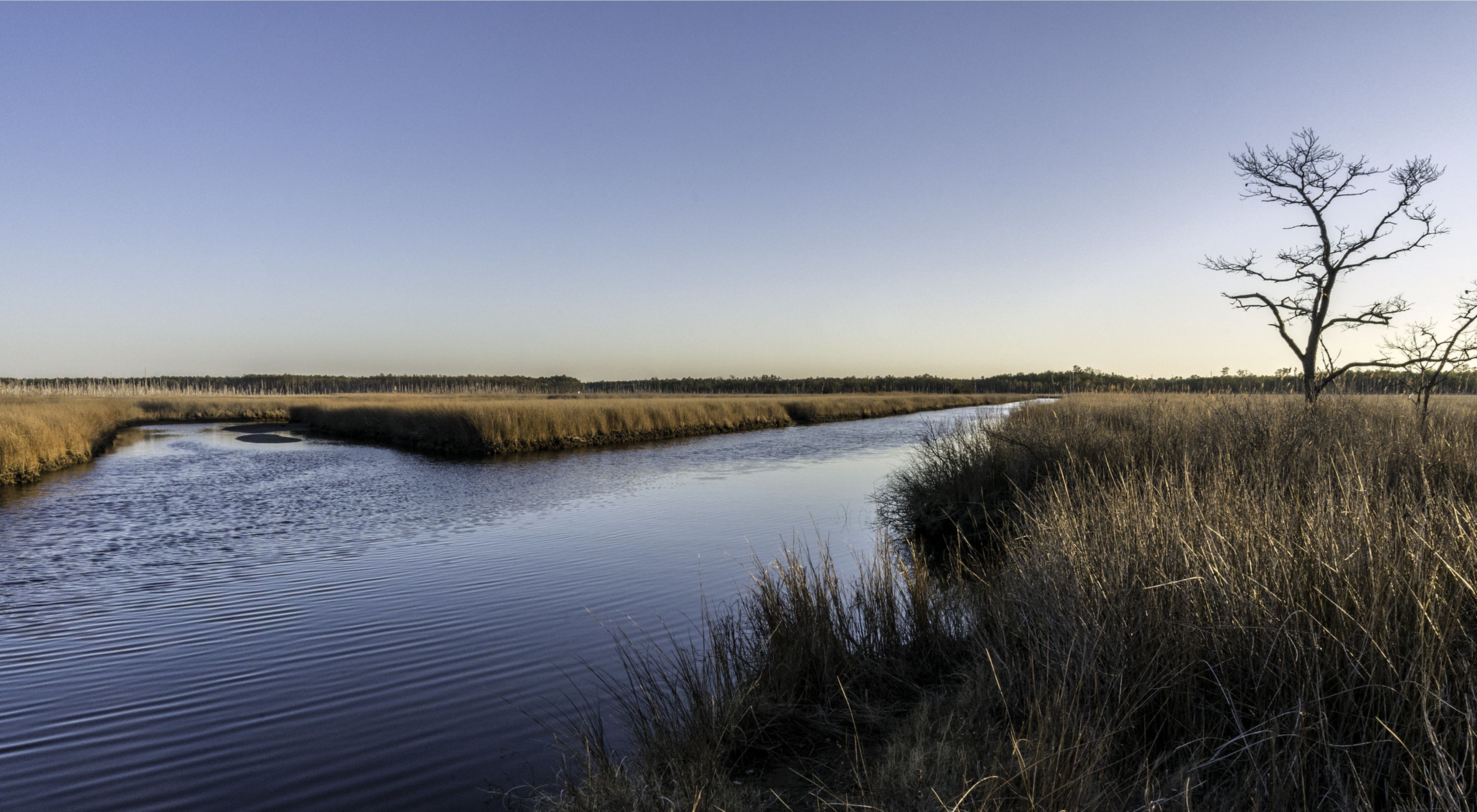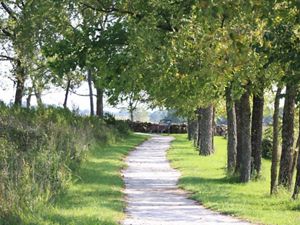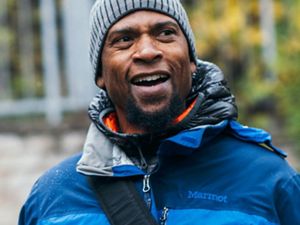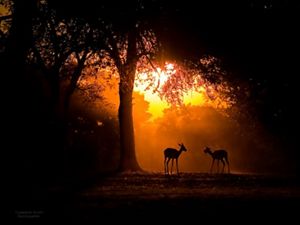5 Ways to Stand Up for Racial Justice in Nature
How you can support environmental justice and racial equity
If you love nature—and believe everyone should have a healthy environment where they can live and play—here are 5 things you can do right now to help build more justice in our natural world.
1. Offer help if you witness hostility.
Too many nature enthusiasts who identify as African American experience being treated with suspicion or hostility when enjoying the outdoors. These moments can not only be scary, they can also feel lonely and invisible to others.
If you see someone being questioned, harassed or threatened, one of the most important things you can do is to be supportive and look out for the other person’s safety, known as being an active bystander. Learn more about tools you can use to intervene.
It’s also important to note that, unfortunately, sometimes rangers or other official personnel can escalate hostile situations or even be the source of confrontations. So, remain vigilant, even if authorities are present—showing someone you have their back in a difficult situation is critical.
At The Nature Conservancy, we offer and highly encourage active bystander training for all our employees. We want everyone on our team to look out for signs that someone may feel unwelcome or unsafe and be prepared to offer help.

2. Support Black nature lovers.
You can help support Black nature lovers by amplifying their voices and experiences.
Follow one of the many Black social media influencers who post on hiking, birding, environmental justice and a whole range of outdoor topics so you can learn and help spread the word. Or find groups in your community that work specifically to make access to nature more inclusive and support them financially or by volunteering. Some state or local Departments of Natural Resources even have official mentorship programs you can volunteer with.
The Nature Conservancy’s League of Employees of African Descent (LEAD) regularly hosts internal all-staff speaker sessions with Black nature enthusiasts and conservation leaders, like Outdoor Afro, to shine a light on this important work and encourage our employees to find their own personal ways to support fellow nature lovers.
3. Learn the history of lands and waters.
Chances are some of your favorite nature spots are rich with Black history you may not know about. Make it a point to find natural treasures that also allow you to learn more about history and cultures you may not have discovered yet.
A simple online search is a great starting point for uncovering history that’s interwoven with nature in your own backyard. Our national public lands also boast noteworthy sites like Harriet Tubman Underground Railroad National Historical Park, Reconstruction Era National Park and many more that are great to visit.
The Nature Conservancy is proud that our strong advocacy for the Land and Water Conservation Fund has helped create important public lands focused on Black history, including Brown v. Board of Education National Historic Site in Topeka, Kansas and Martin Luther King, Jr. National Historical Park in Atlanta, Georgia.

4. Speak up for investing in nature’s health.
Everyone should have equal access to a healthy environment in which to live, learn, work and play. Yet more often than not, Black and other underrepresented communities have fewer green spaces, fewer trees, more contaminated air and water—and poorer health as a result than other groups.
Investing in nature with equitable funding has the power to protect our planet AND improve health and quality of life in all communities, including predominately Black ones. Speak up with your government leaders who hold the power and the purse strings for priorities including:
- Supporting parks, green spaces and public lands in places where more Black and underrepresented groups can access them (like cities);
- Funding grants programs to strengthen environmental protections in diverse and marginalized communities;
- Advancing solutions that protect the environment while also taking transportation, health, housing, and public access issues into account; and
- Protecting clean water, a universal priority shared by all communities.
Supporting more just and equitable funding for nature is an important priority for The Nature Conservancy. We proudly work with partners at the local, state and federal level to advance this critical goal.
5. Keep the conversation going.
One of the most powerful things you can do is share what you learn about racial justice as it relates to nature and beyond. Science tells us that people trust those in their social circles the most, so talk with your family and friends about why inclusion and justice matter to you.
Start with these tips for nature enthusiasts, and then take your own learning about systemic racism even deeper. Seek out reading lists like this that can help you connect with the right topics for wherever you are in your personal learning.
The Nature Conservancy is making our own learning as an organization a priority for our leaders and our staff. Led by our Diversity, Equity and Inclusion team, we must heed the call to authentically all do our part to combat racial injustice—in the workplace and beyond.
Quote: Jennifer Morris
Many will ask why a nature conservation organization is weighing in on this dialogue. Does it really impact our mission? My answer is: yes, it does.
Our mission is to create a world where people and nature thrive. Dismantling racism is essential for all of us to truly thrive, and we’re committed to doing our part. It starts with actions like these, but they are also only the beginning of how we must show up.



